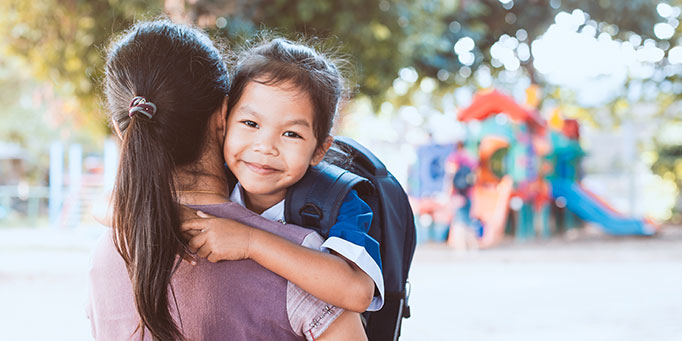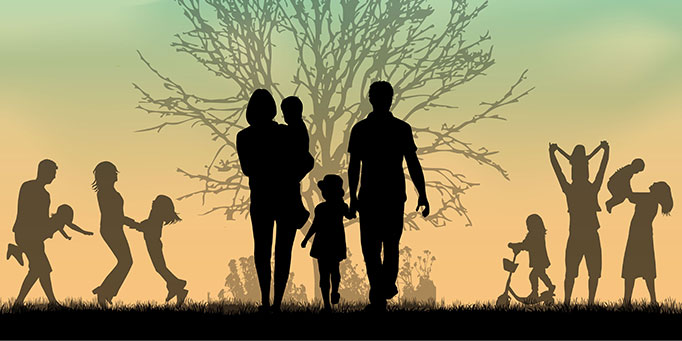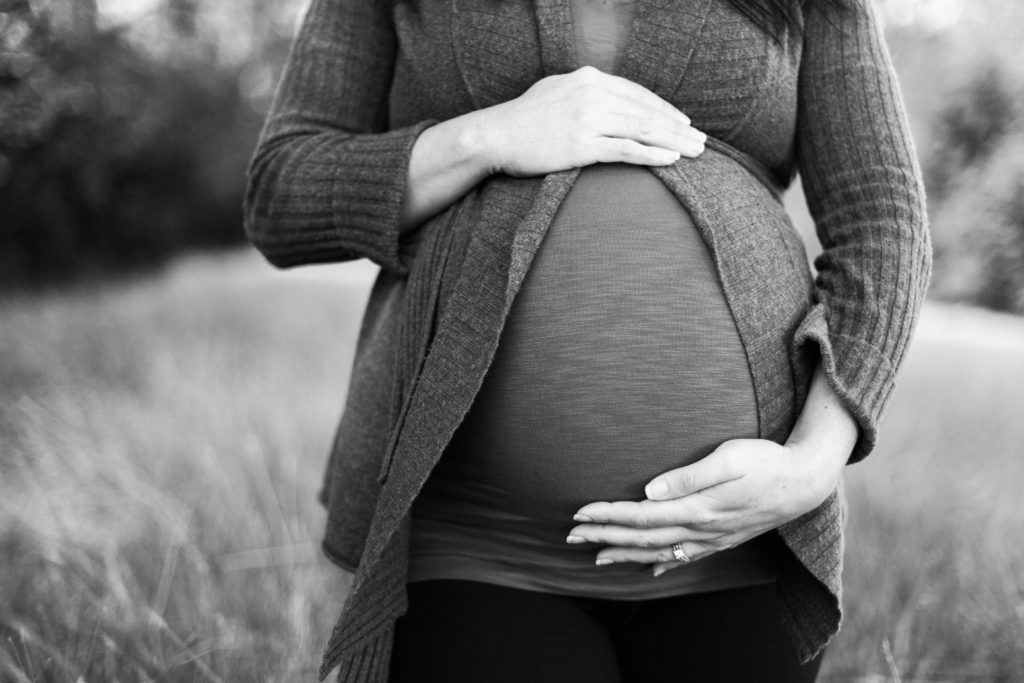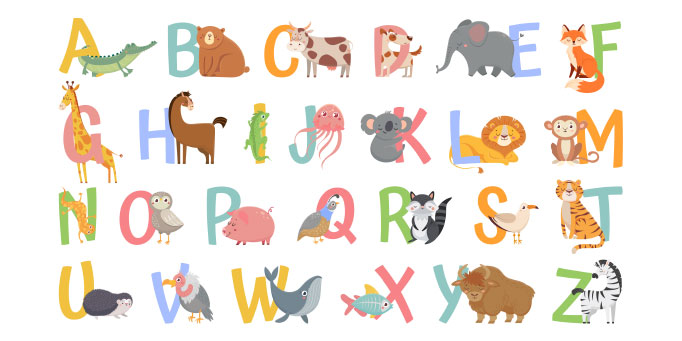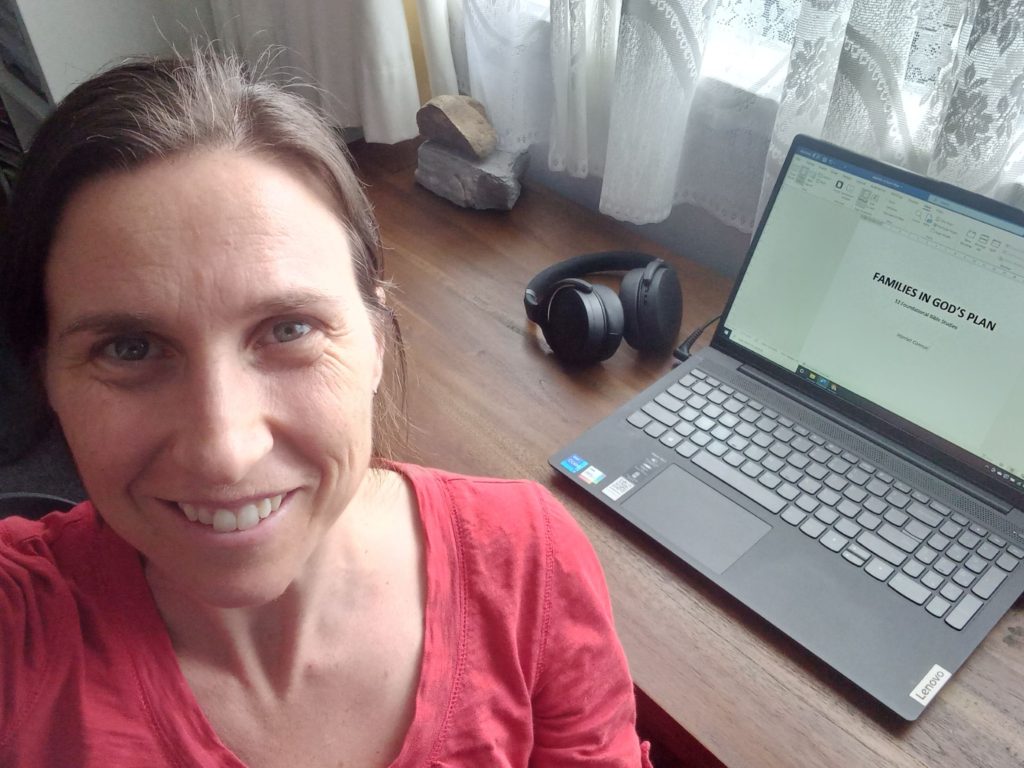
Everywhere you look, mothers are being erased.
In the name of inclusion and diversity:
- Barnardos has cancelled its ‘Mother of the Year’ award
- Volunteers from the Australian Breastfeeding Association have been investigated for their use of the word ‘mother’ on social media
- The Labor Party has removed the word ‘mother’ from its policy documents
The reasoning goes: some families don’t have a mother and some mothers identify as ‘fathers’, so we should stop using sexed language for parents altogether. In the modern family, ‘mother’ and ‘father’ have been replaced by Parent 1 and (if you’re lucky) Parent 2.
Sadly, mothers are also being erased, not just from our speech, but from children’s lives. There have been some recent high-profile cases of men ‘creating’ children through surrogacy, with the intention of raising them without a mother. Depending on the arrangement, a baby can have–and lose–up to three different ‘mothers’: a genetic mother, a birth mother, and a social mother. And we are supposed to applaud.
I understand how normalising ‘diverse’ families can help the children of those families to feel less stigmatised, but deliberately removing mothers cannot possibly be called progress. This forced political correctness–telling children that mothers are optional and interchangeable–is a denial of biological reality and human need.



